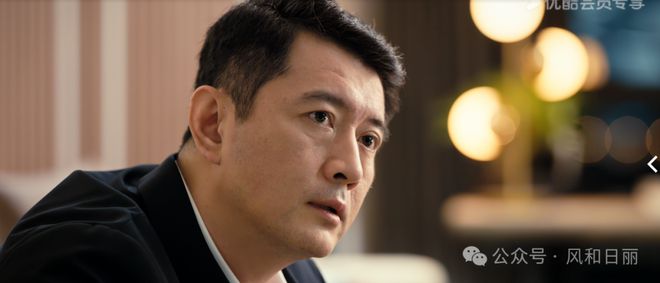Having watched the series Execution Judge in its entirety, one cannot help but notice how domestic dramas often resort to extreme measures to promote marriage and childbearing.

The protagonist's mother is desperate for a grandchild, and as her son and daughter-in-law have been married for years without any sign of pregnancy, she turns to traditional remedies and dubious practitioners in hopes of finding a secret formula that might lead to conception.
This approach is questionable enough, but the mother takes it further by criticizing her daughter-in-law for her perceived inability to bear children. Her envy becomes apparent when she meets a former classmate of her son who has successfully given birth to two children.
The pressure on the daughter-in-law grows so intense that she even suggests she would accept another woman if her husband were to father a child with her instead. The plot thickens when the son, a high-ranking judge, finds himself ensnared in a trap set by an outsider claiming to be pregnant with his child, all in a bid for leverage.
The mother's joy at this news is palpable, viewing the prospect of a grandchild as a triumph regardless of the circumstances or motives involved. She promises to take responsibility for both the child and its mother, going so far as to transform her own home into a nursery, complete with stacks of baby clothes, believing this will encourage her daughter-in-law to conceive.
The lengths to which this mother goes to secure a grandchild are alarming, suggesting that the birth of a child trumps everything else, including the well-being of the couple and the potential damage to her son's career.
Given the son's position as a high court official, one wonders how he could allow such a situation to unfold, seemingly putting his professional future at risk. Yet, the overriding desire for a grandchild appears to overshadow all other considerations.

Such misguided parents, driven by outdated values and beliefs, can become a source of discord within the family. The year is 2024, yet these archaic attitudes persist, rooted in a deep-seated rural mentality where lineage and progeny are paramount.
The judge's upbringing likely involved significant hardship and sacrifice, which may explain why he carries the weight of familial expectations. Despite his high office, his mother remains stubbornly unyielding, making communication virtually impossible.
The familiar tropes of domestic dramas are present here: an ignorant parent, a son who fails to stand up for himself...
As the story progresses, it becomes clear that the pregnancy claim was a fabrication, part of a larger scheme. This revelation underscores that the issue of infertility should not be solely attributed to the wife, especially when the husband is conspicuously absent from the conversation.
The mother's behavior is so irrational that the daughter-in-law, despite being divorced, chooses to remain compassionate and even offers to care for her former mother-in-law. This twist in the narrative is perplexing, to say the least.
Beyond the main storyline, the subplot paints a bleak picture for women, depicting a suffocating family environment where feudal remnants still hold sway and women are reduced to mere vessels for reproduction. In the absence of fertility, the solution presented is to seek out another woman to fulfill this role.

In today's world, where many opt for remaining single and childless, why do domestic dramas continue to perpetuate such regressive narratives?





